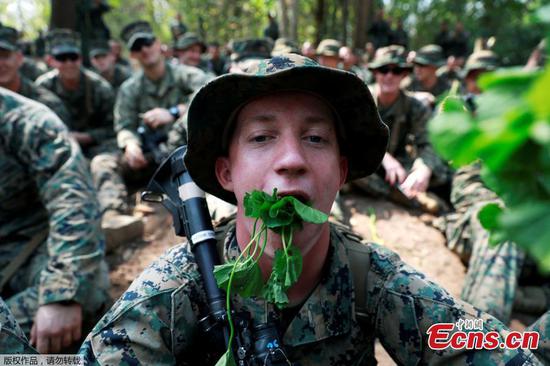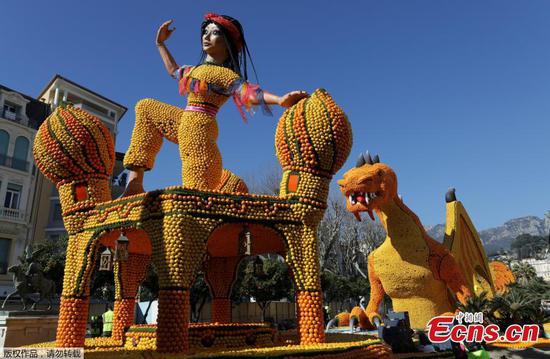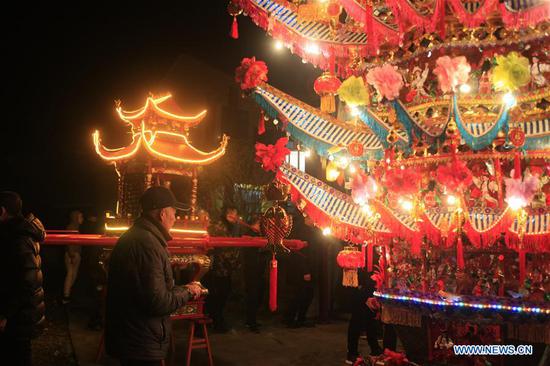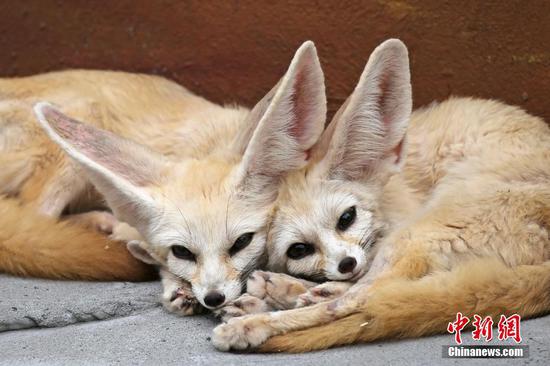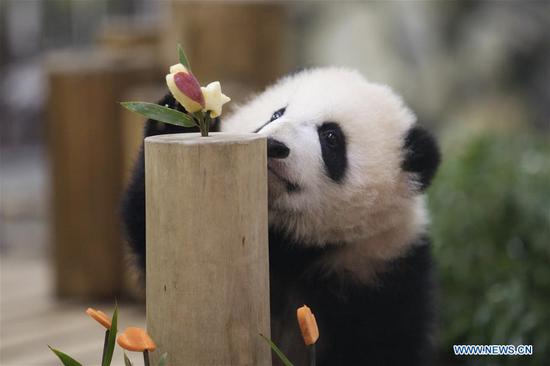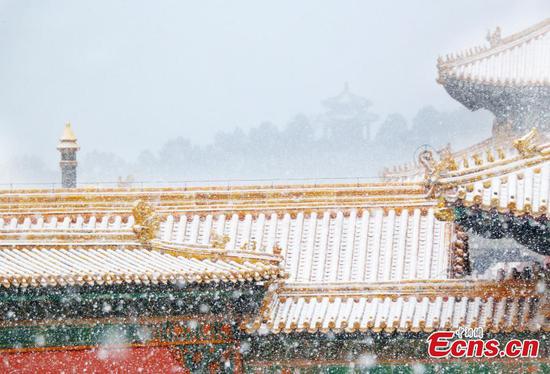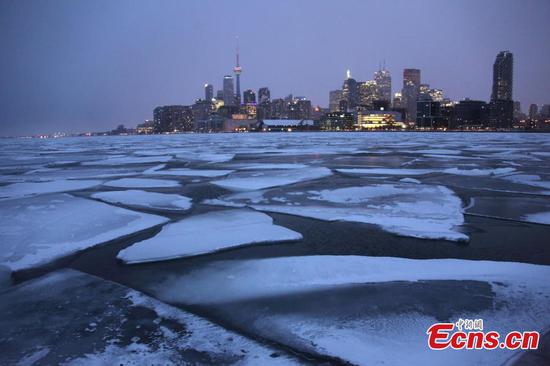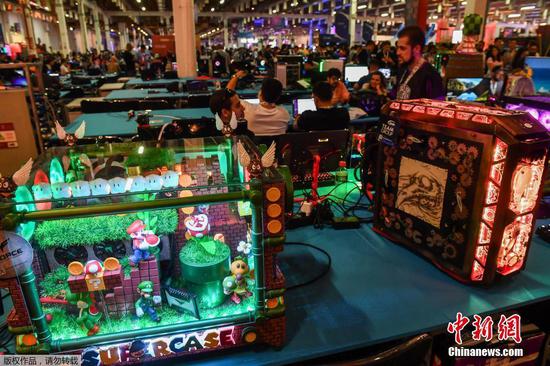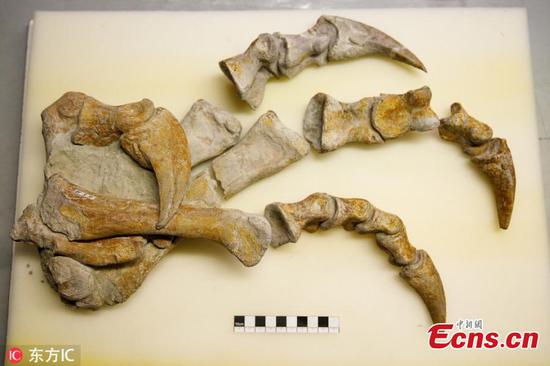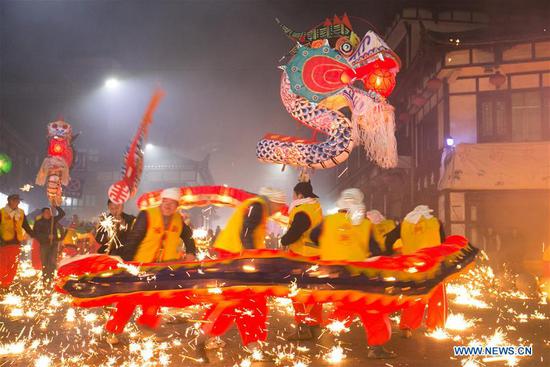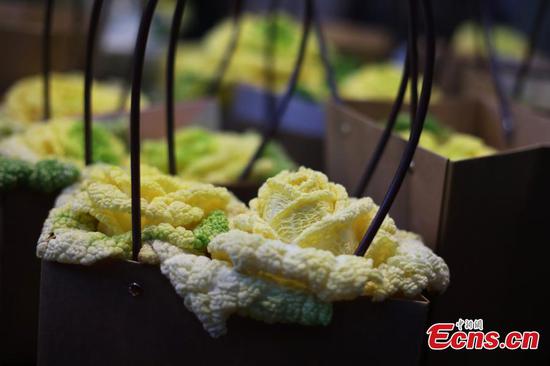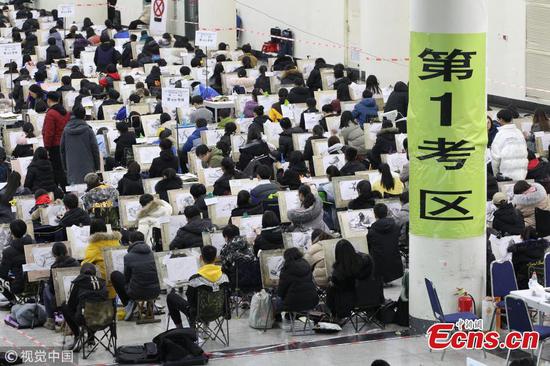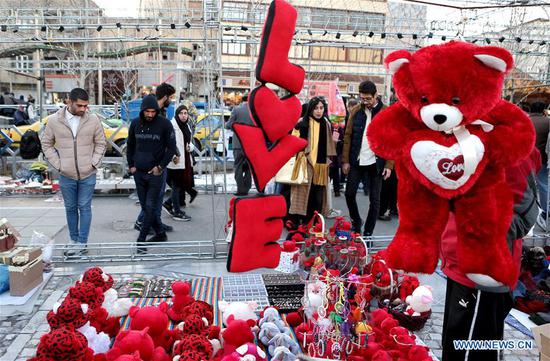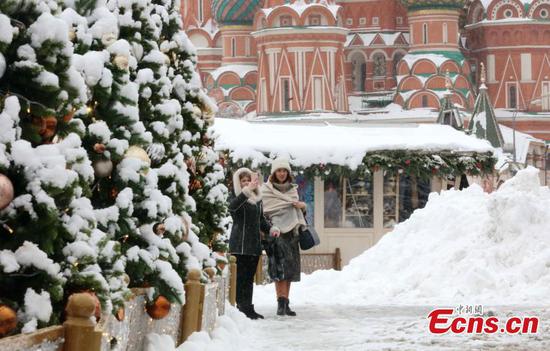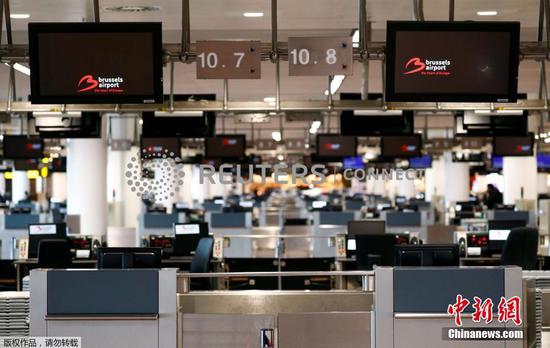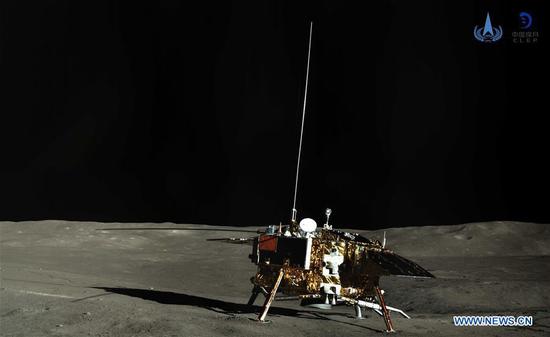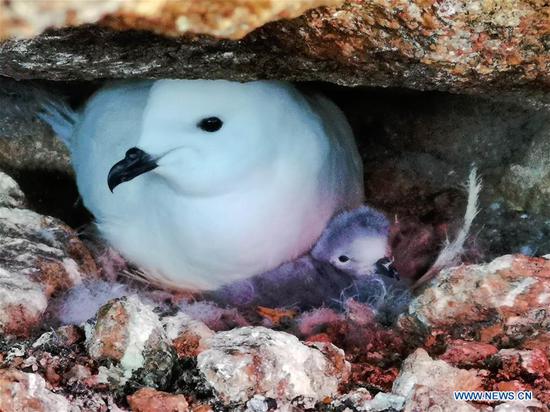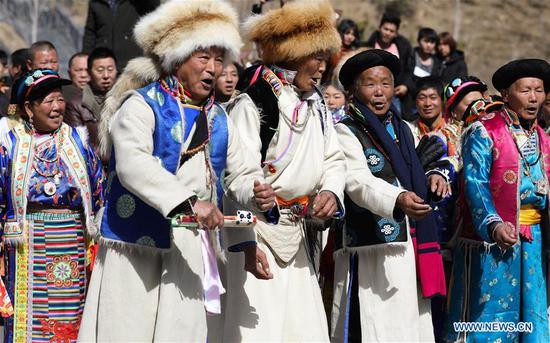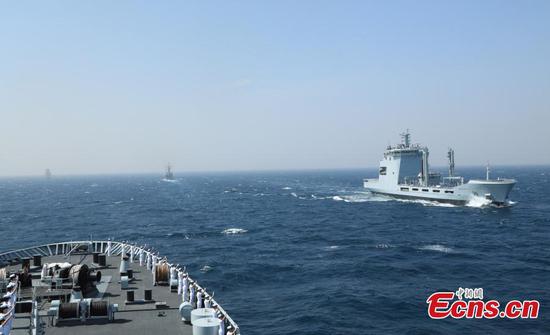
A Chinese tourist picks souvenirs at a shop in Tokyo, Japan. (Photo/Xinhua)
As estimated by global market consultancy McKinsey &Company, the domestic luxury consumption amount will reach 441 billion yuan ($65 billion) in 2020, which will be more than twice the size in 2016.
Alessandro Bogliolo, chief executive officer of luxury jewelry brand Tiffany, said the firm has changed its inventory plan in China, to meet rising demand.
This trend is empowering Chinese travelers to utilize foreign trips to do things other than shopping.
Lan Luan, partner at McKinsey's Shanghai office, said life-enriching experiences through recreation, relaxation or learning have now become the mainstays of overseas trip itineraries of Chinese tourists.
Meaningful memories have become the main goal of tourism. Chinese people are seeking authentic experiences, savoring more local food, soaking in local culture through homestays or boutique hotels, and visiting historic or unconventional destinations.
Since mainland travelers are more social and digital these days, their choice of tourist destinations is changing too.
While short distance travel to nearby places such as Hong Kong is still common, a growing number of mainland travelers are more inclined to visit faraway destinations such as Iceland, and share their experiences via self-produced multimedia content on online social networks.
Zhang Jianping, director of the Chinese Academy of International Trade and Economic Cooperation, said this trend has implications for even daigou (overseas shoppers who buy foreign products for customers on the Chinese mainland). Lower tariffs on consumer goods could eat into profits of daigou, eventually contracting their business, he said.
Agreed James Yang, principal of Oliver Wyman. "We have observed a decline in both shopping for oneself and for resale. So, China's first e-commerce law may have already had an effect before its official implementation."
Also, Chinese tourists have become more professional and independent over the past few years. Until three years back, nearly 15 percent of them would entrust tasks like trip planning to travel agencies. Now, however, only 3 percent rely on external help.
This trend is particularly prevalent among the well-heeled, according to Shanghai-based Hurun Research Institute. Organized trips to exotic islands, which were popular aspects of luxury lifestyles, have dropped sharply to the eighth spot on the list of top 10 travel themes.
On the other hand, around-the-globe trips rose quickly to the top as 37 percent of the surveyed 236 billionaires put this on top of their plans.
About 38 percent of the affluent Chinese in first-tier cities said they would prefer travel themes featuring art and culture in the next three years.
Rupert Hoogewerf, founder of the Hurun Research Institute, said the top position of around-the-globe trips indicated that people prefer to learn from local cultures during their travels.











